|
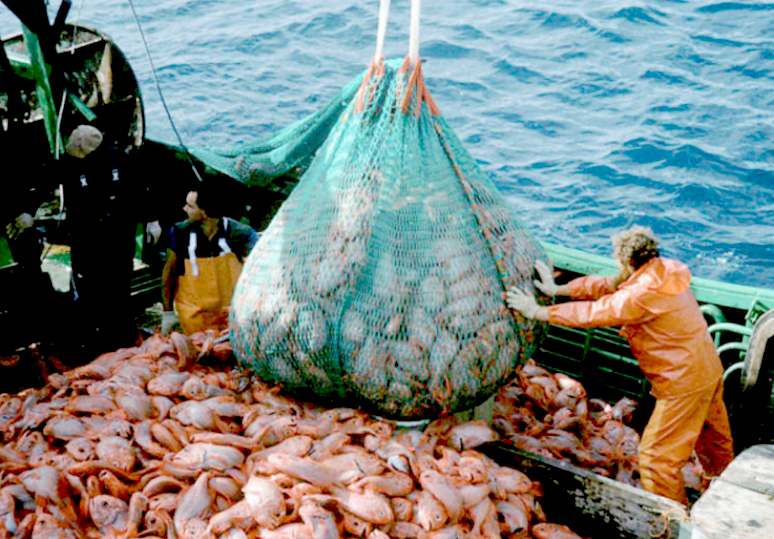
OVERFISHING
- According
to the WWF,
the United States is one of the largest markets for imported seafood in the world, with more than 5.3 billion pounds passing through the border each year, worth almost $18 billion annually. Unfortunately, right now we simply cannot tell if the seafood we eat is legally caught from the ocean because our current laws are not strong enough to trace from bait to plate.
For this reason we are suggesting that imports and exports of
fish should be limited and tracked.
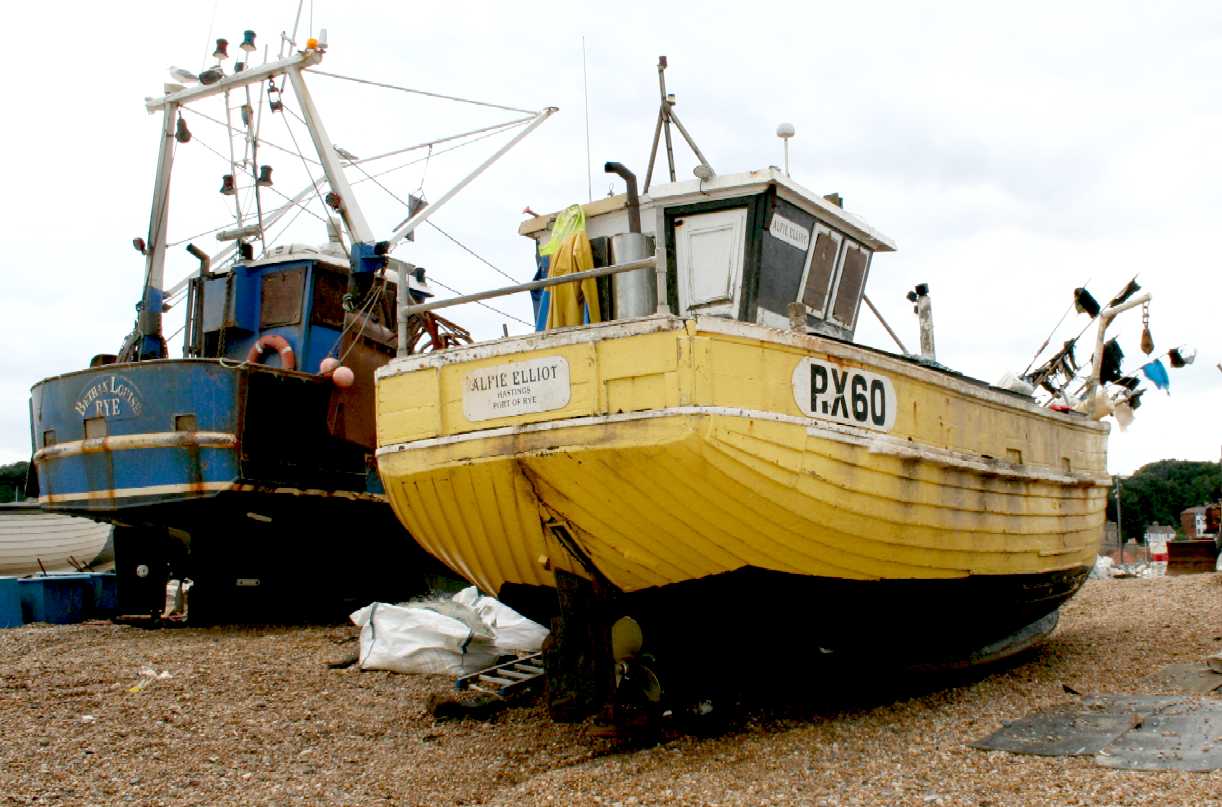
SUSTAINABLE
- A truly circular economy revolves around fishing methods that
may be sustained for hundreds, if not thousands of years. Beach launched
boats offer a way of ensuring that local people benefit from local
produce without trawling the seafloor and wiping out supporting
ecosystems.
BLUE
GROWTH If
we value our planet and the ocean that is
unique in our galaxy, we must respect it. At the moment we treat our
oceans and seas like giant garbage dumps where we might dispose of just
about anything to create a carcinogenic
soup: 1.
Atomic waste 2.
Oil spillages 3.
Plastic waste This
is contrary to sustainable practices and the circular economy that we
should all be aiming for and is something that Europe, via European
Maritime Day and other initiatives is seeking to address. Blue
growth is about using our largest natural resource wisely, and yet
still creating jobs and exploring the unexplored for ways of helping
mankind. AQUACULTURE Provided
that fish farming is carried on without feeding high value fish such as
salmon with other species that are palatable to people; wastefully. In
general make sure that farmed or fattened fish or shellfish are not
be fed with endangered wild fish and that the farm does not
present as an ecological hazard via pollution or the risk of fish
escaping to the surrounding environment to contaminate or decimate wild
fish populations.
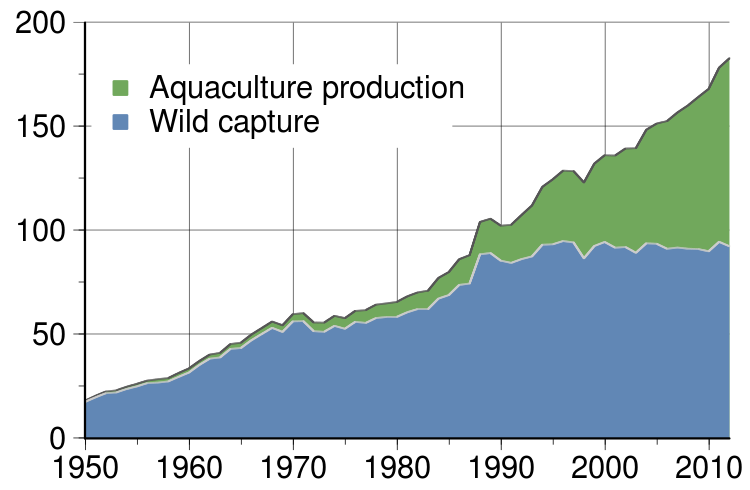
RISE
IN AQUACULTURE PRODUCTION - Global harvest of aquatic organisms in
million tonnes, 1950–2010, as reported by the FAO. Clearly, as wild
fish stocks are declining farmed fish production is rising to fill the
void. Current fishing methods need to be revised to reduce bycatch
using more selective means.
CLIMATE
CHANGE Climate
change is also a killer for blue
growth because it is killing many species just as surely as if we
were bombing the oceans. We must continue to reduce our carbon
footprint, to reduce acid rains and the chemical makeup of our oceans.
POPULAR FISH:

THE
GLOBAL OCEAN COMMISSIONERS
The
Global Ocean Commissioners could offer no solution for ocean pollution,
but at least recommended some form of action in respect of overfishing.
|
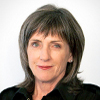
|
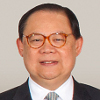
|
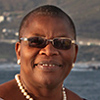
|
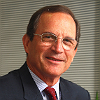
|
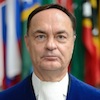
|
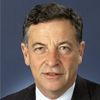
|

|
|
Carol
Browner
|
Victor
Chu
|
Obiageli
Ezekwesili
|
Luiz
Furlan
|
Vladimir
Golitsyn
|
Robert
Hill
|
Yoriko
Kawaguchi
|
|
.
|
.
|
.
|
.
|
.
|
.
|
.
|
|

|

|

|

|

|
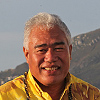
|

|
|
Pascal
Lamy
|
Paul
Martin
|
Sri
Mulyani Indrawati
|
Cristina
Narbona
|
Ratan
Tata
|
Foua
Toloa
|
Andrés
Velasco
|
GOC's
SECRETARIAT
|
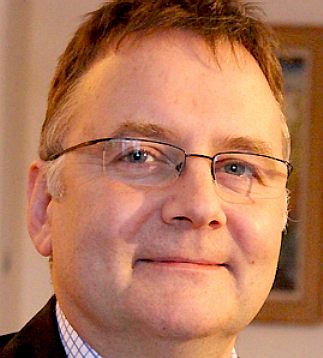
|
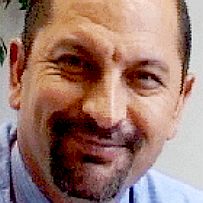
|
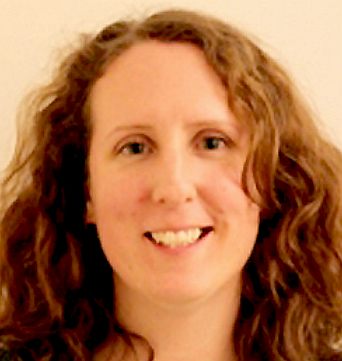
|
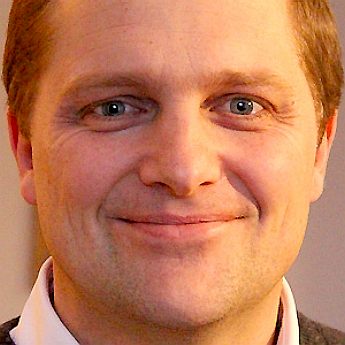
|
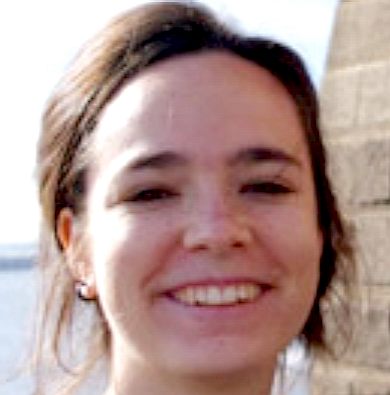
|
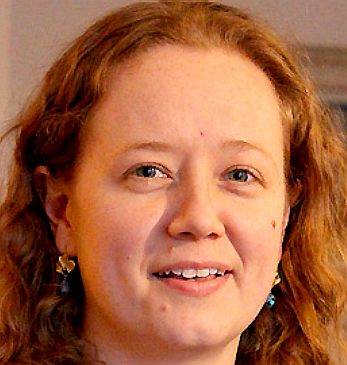
|
|
Simon
Reddy
|
Rémi
Parmentier
|
Clare
Brennan
|
Kristian
Teleki
|
Inés
de Águeda
|
Sarah
Gardner
|
The
European Union established a Commission to act as their
executive and to promote its general interests. The Commission
is composed of the College of Commissioners comprised of 28
members, including the President and Vice-Presidents. The
Commissioners, one from each EU country, are the Commission's
political leadership during a 5-year term. Each Commissioner is
assigned responsibility for specific policy areas by the
President.
ACIDIFICATION
- ADRIATIC
- ARCTIC
- ATLANTIC
- BALTIC
- BERING
- CARIBBEAN
- CORAL
- EAST
CHINA
ENGLISH
CH - GOC
- GULF
MEXICO - INDIAN
- MEDITERRANEAN
- NORTH
SEA - PACIFIC
- PERSIAN
GULF - SEA
JAPAN
STH
CHINA - PLASTIC
- PLANKTON
- PLASTIC
OCEANS - SEA
LEVEL RISE - UNEP
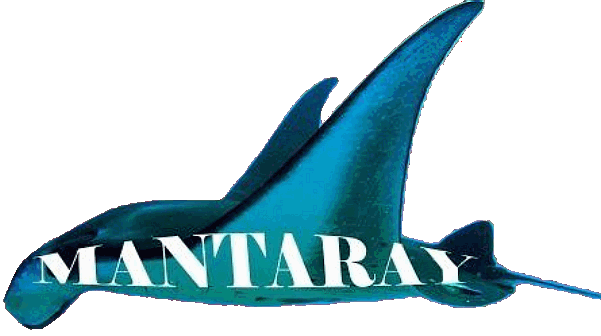
|